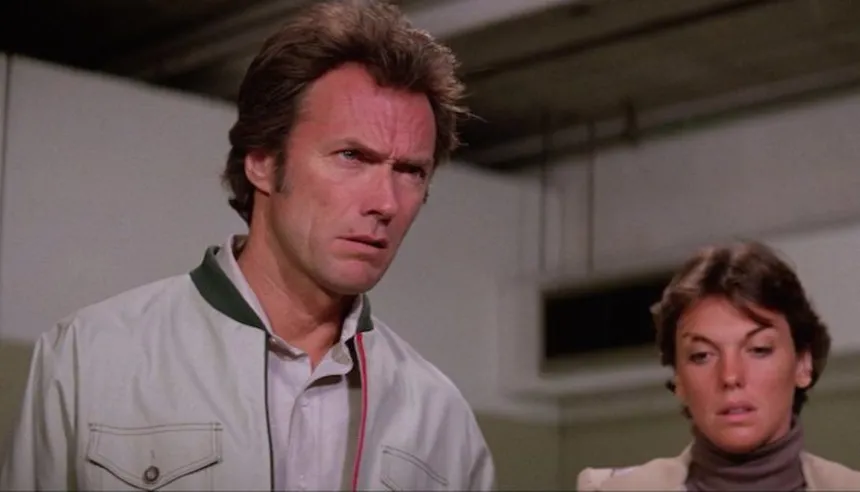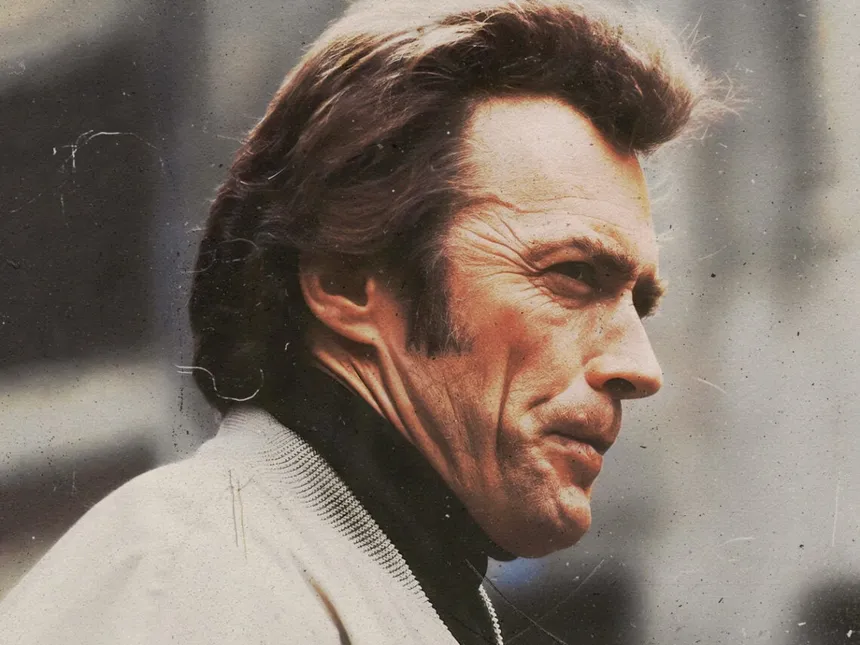Clint Eastwood, a Hollywood legend, has gone through various phases in his acting and filmmaking career. During the 1970s, he was a prominent figure in action movies, cop flicks, and blood-soaked Westerns. This period of his career has seen Eastwood turn down several projects, and one of the most notable opportunities he missed was the chance to star in Francis Ford Coppola’s Apocalypse Now.
The film, a surreal and psychedelic adaptation of Joseph Conrad’s Heart of Darkness, was shot on location in the Philippines and featured a grueling production that spanned 14 months. Eastwood’s reluctance to join the project was largely due to his discomfort with the lengthy shooting schedule and being away from his home for an extended period.
Eastwood’s initial reluctance to play the role of Willard stemmed from his unease with the film’s unconventional approach to portraying war. However, his primary concern was his domestic life, as he had recently built a new home and couldn’t justify being away for such an extended period. This decision allowed him to focus on his directorial career, which had already gained momentum with films like Play Misty For Me, High Plains Drifter, and The Outlaw Josey Wales.

Clint Eastwood’s Dirty Harry Series. (Via IMDB)
Eastwood’s rejection of the role ultimately led to Harvey Keitel being cast, but he was later fired due to his discomfort with the on-location shooting. Despite being a talented actor, Keitel was not the right fit for the role, and his departure was reportedly amicable.
Retrospectively, Eastwood’s decision to reject Apocalypse Now seems justified. The film’s production was notorious for its chaotic and stressful environment, with many cast and crew members struggling with mental health issues. The film’s director, Francis Ford Coppola, even described the production as hellish, with the crew and cast slowly “going insane.”
In comparison, Eastwood went on to direct two films that portrayed opposing sides of a war, Letters of Iwo Jima and Flags of Our Fathers. While neither film matched the raw intensity of Apocalypse Now, they did display Eastwood’s ability to handle complex and emotionally challenging subject matter without succumbing to the madness that plagued the production of Apocalypse Now.
In the end, Clint Eastwood’s decision to reject Apocalypse Now may have prevented him from experiencing the cinematic experience of a lifetime, but it also allowed him to avoid the turmoil and chaos that plagued the production.
























